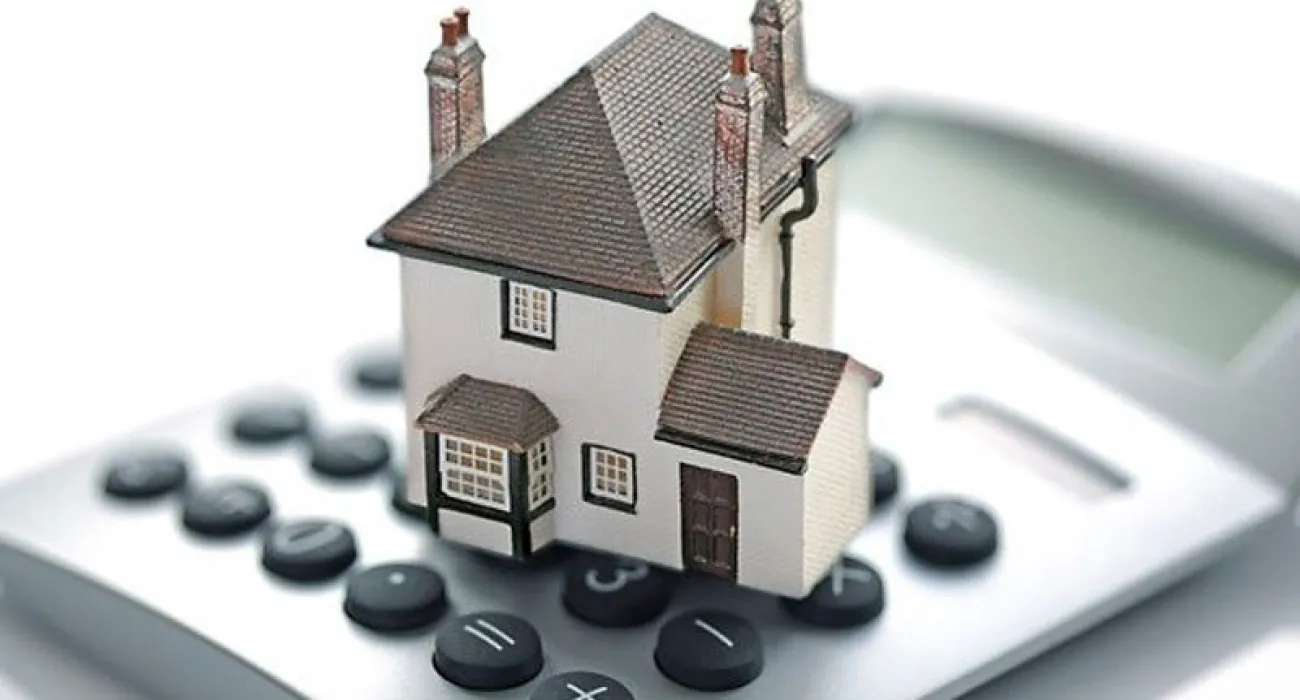One of the more difficult questions that I get from both younger and older people alike is whether or not it is a good idea to pay off their mortgage. With interest rates continuing to hover around all time lows, many people are still in the process of refinancing their existing homes or buying a new one. If your rate is in the 3% to 4% range, you may be wondering if you should take your excess monthly discretionary income to pay down your home note faster. Or would it be a better idea to take that cash and invest it for the long term. This decision has both financial and emotional ramifications, so let’s review the pros and cons of paying off your mortgage.
The first part of this analysis is the black and white calculations on whether your money can work harder for you than the interest rate you are paying on your debt. Let’s say, for example, that your mortgage rate is currently 4% on a 30 year fixed note. This is the interest rate you are borrowing the money at for the next thirty years. However, most people will get a tax deduction on the interest they pay every year when they fill out their itemized deductions, so you what you need to calculate is your ‘real’ cost of borrowing. It will be something less than 4%. Let’s say in this scenario that the real ‘after-tax’ cost of borrowing is going to be 3.6%. This is an important number to ascertain in the pay off the mortgage analysis because what you need to determine next is whether or not you can earn 3.6% on an after-tax basis on the investment where you invest your excess cash. The term after-tax is paramount because depending on your tax bracket, an investment that earns 5% could actually net you less money than the after-tax interest rate on the mortgage. You also need to consider whether the investment opportunity is guaranteed or what level of risk you are willing to take relative to paying the mortgage off. One final piece of consideration is liquidity of your money. When you pay down the mortgage quicker, you may lose access to your capital should an emergency or opportunity come up in your life. This is a new factor to consider in this economy because it is harder and harder to get equity lines of credit from the bank. The growth of the real estate is irrelevant in this analysis because the top line value of the house will grow the same whether or not you pay off the mortgage quicker.
The second part of this analysis is the gray area which is will paying off your mortgage make you feel emotionally better than you to today. One consideration is how often you think you will move over the next five to ten years. If you see significant job or life changes happening in the next decade, I would be less inclined to advise you to pay off your mortgage because life changes usually require more liquidity of your cash. You may also want to consider whether or not your company will buy your house out in a move as this is being done less and less in today’s environment. The most crucial discussion around paying off the mortgage is how it will make you feel. If you go to work every day just to pay off your obligations and that’s why you work, I would tell you to pay down the note as quickly as you can. Having no mortgage can often give us an uplifting feeling that no matter what happens with our job situation as nobody can take away your home from you. This emotional feeling give you flexibility of life choices. Remember, some or all of your home value can also be a potential future long-term retirement asset as well. If you do pay off your mortgage, then it’s important to have a ready made game plan on what you intend to do with your excess cash so it doesn’t fly out the window.
Unfortunately, there is no ‘right’ answer to this grappling question which people ask themselves all the time. I’m a much bigger fan of paying down your debts as I think this gives you much more flexibility when it comes to job and life related decisions for your financial future. As it stands today, there is nothing you’ll likely find with a guaranteed rate of return to match your mortgage if you are in a 30 year fixed note. It really boils down to items including your overall risk tolerance (conservative vs. aggressive), your importance on liquidity of cash, and how your attitude may be reflected in a low to no debt situation. The most important point to take away from this is that you absolutely want to make sure you head into retirement or ‘work optional’ without a mortgage no matter what the interest rate. It is easy to have a feeling of flying free when don’t have any debt to weigh you down!
Go to www.oxygenfinancial.net to request a meeting with Ted or his staff at oXYGen Financial to do an analysis of your financial situation.
Written by:
Ted Jenkin, CFP®, AAMS®, AWMA®, CRPC®, CMFC®, CRPS®
Co-CEO and Founder of oXYGen Financial, Inc – The Leaders in Gen X & Y Financial Advice and Services
Ted Jenkin is one of the foremost knowledgeable professionals in giving financial advice to the X and Y Generation.
Find us on Facebook here – CLICK CLICK




